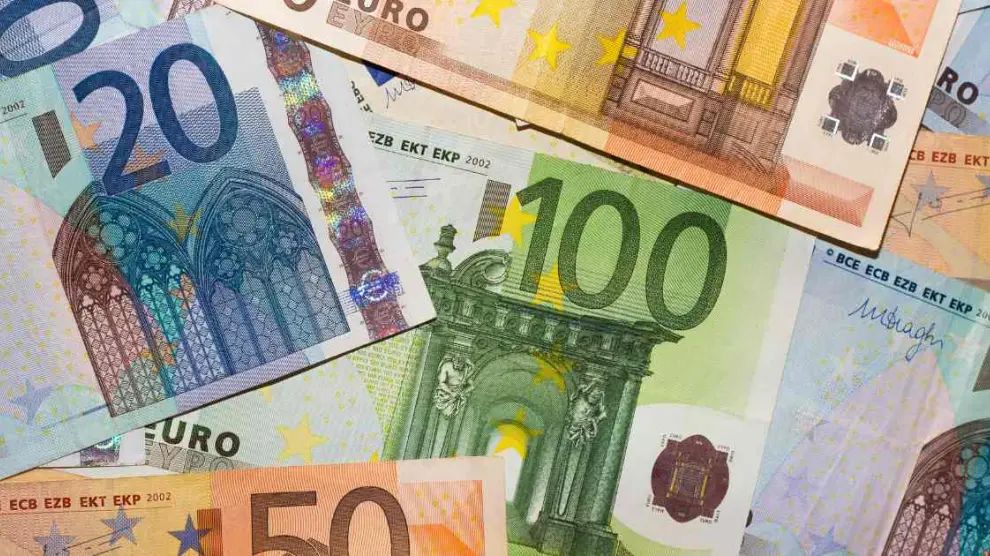
Traveling with €10,000 or More in Cash: Procedures in Spain and the EU
Traveling with large sums of cash, especially amounts equal to or exceeding €10,000, requires careful attention to legal procedures, both when entering or leaving Spain and the European Union (EU). These measures aim to prevent illicit activities such as money laundering, terrorism financing, and other forms of financial crime. Here’s what travelers need to know about declaring cash in Spain and the EU.
Who Needs to Declare?
Anyone traveling with €10,000 or more in cash, or its equivalent in foreign currency, must declare this amount to customs authorities. This includes both individuals entering or leaving Spain and those moving large sums within Spanish territory. The declaration applies to various forms of “cash” beyond just paper money and coins, including checks, bearer instruments, precious metals, and stones.
The requirement to declare is obligatory for private individuals acting on their own behalf or on behalf of others. It also applies to businesses or transport companies engaged in moving significant sums of cash. However, individuals transferring cash for personal use must ensure compliance to avoid penalties.
How and Where to Declare
To fulfill this obligation, travelers must complete and submit the “S-1 Declaration of Cash Movements.” This form is available on the website of the Spanish Tax Agency or directly at customs offices. The declaration must be made before crossing the border or immediately upon request from the authorities.
If leaving or entering Spain via air, land, or sea, the S-1 form must be presented at customs checkpoints. For intra-EU cash movements exceeding €100,000, travelers must also declare their funds. Special provisions exist for those entering Spain from countries within the EU, where the declaration can also be processed online or at administrative offices.
Why Is Declaration Important?
The primary goal of requiring a cash declaration is to prevent illegal activities such as tax evasion, terrorism financing, and other crimes. These measures also align with European Regulation (EC) No 1889/2005, in effect since 2007, which establishes unified rules across EU member states.
Failure to declare the required amount or providing false information can lead to severe penalties. Authorities may confiscate or withhold undeclared cash, and offenders could face fines amounting to double the undeclared amount. In some cases, further legal action may be taken.
Consequences of Non-Compliance
Not declaring cash or providing incorrect information can trigger interventions from customs and law enforcement authorities. This can result in the seizure of the entire sum and potential legal consequences for the traveler. Additionally, individuals may be subjected to fines, which vary depending on the severity of the violation.
Tips for Travelers
1. Plan Ahead: Complete the S-1 form before your trip to avoid delays at customs.
2. Keep Documentation Handy: Be prepared to show proof of the source and purpose of your funds.
3. Check Regional Rules: If traveling within the EU, be aware that some countries may have additional requirements for intra-EU cash movements.
In conclusion, while traveling with large sums of cash is not prohibited, compliance with Spanish and EU regulations is mandatory. Travelers are encouraged to familiarize themselves with the rules to avoid penalties and ensure a smooth journey. For more information, visit the Spanish Tax Agency’s website or consult EU guidelines.

